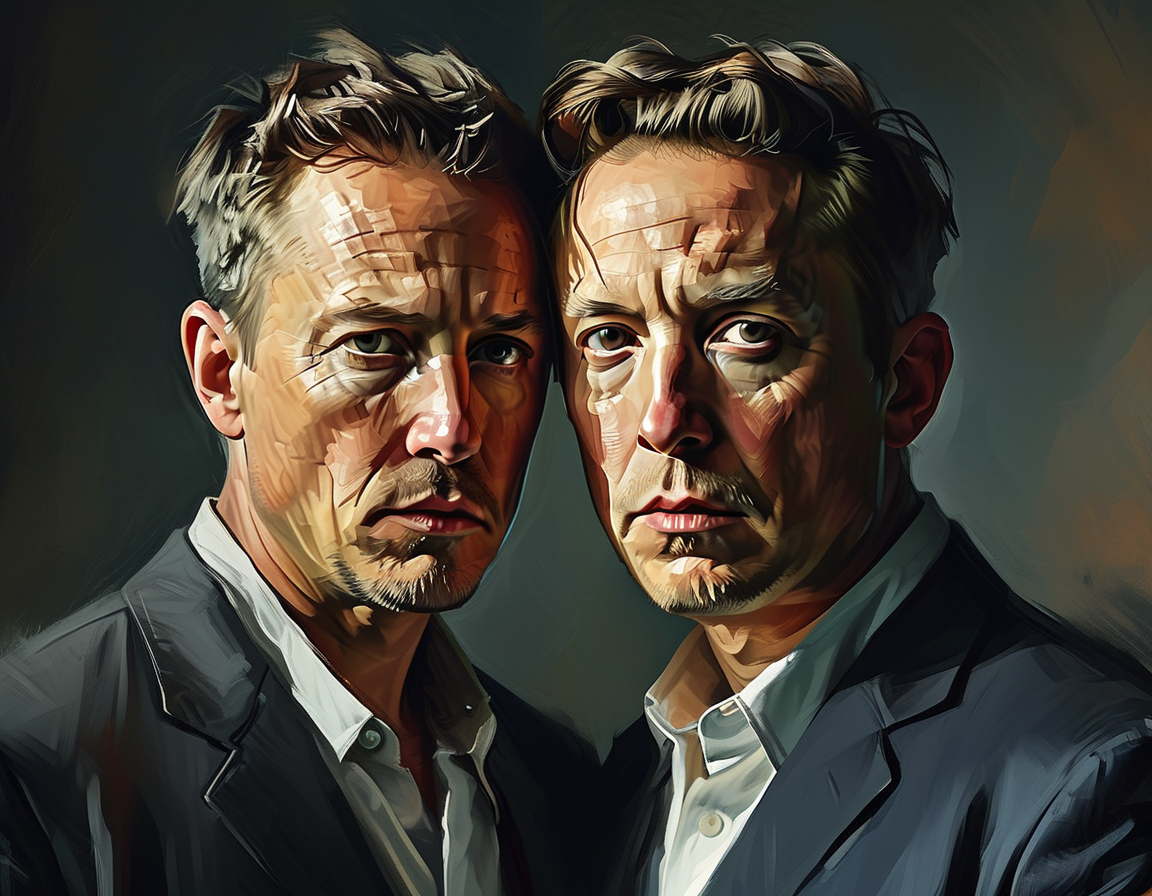
**Understanding Errol Musk’s Controversial Remarks**
Recently, Errol Musk defended his son, Elon, against racism claims. His comments, however, created more controversy. How can a family with such a high-profile figure navigate these accusations? This article digs deeper.
Errol stated that they had “Black servants” who were friends of Elon during his childhood in South Africa. To many, this felt dismissive. It’s almost as if he was trying to erase a complicated history instead of confronting it. Are Elon’s childhood friendships enough to counterbalance the truth of apartheid?
Critics quickly pointed out that Errol’s comments reflect the inherent racism of apartheid-era South Africa. By using the term “Black servants,” he inadvertently echoed remnants of a time fraught with equality denial and oppression. Is it possible for him to see the world beyond his own experience?
**The Reality of Apartheid and its Memory**
Errol described apartheid South Africa as a “well-run, law-abiding country.” Such a frame struck many as an affront. His perspective raises a crucial question: how do we reconcile the memories of our pasts with the truths that survive?
Voices echoing from within the community decry this glorification. The memories of those who suffered in a land where racial segregation reigned are often silenced by statements like Errol’s. In this context, could it be that Errol is revealing more about himself than he understands?
Many find themselves grappling with the implications of his words. When someone in a privileged position asserts that there was “virtually no crime,” who does that benefit? The answer is glaring. It creates a narrative harmful to those still carrying the scars of that era.
**Family Dynamics and Public Perception**
Elon Musk’s relationship with his father is layered. Elon has long depicted himself as a self-made man, rising from humble beginnings. But Errol’s statements hint otherwise. He claims that Elon’s wealth partly stems from an emerald mine, raising questions of privilege and authenticity.
Is Elon merely a reflection of his father’s legacy? Critics argue that while Elon insists on his independence, familial connections shape perceptions. When family ties intertwine with social narratives, can claims of self-sufficiency truly stand?
Elon vehemently denies his father’s claims regarding the emerald mine. He stresses hard work as the cornerstone of his success. However, whispers of wealth linger in the air, stirring feelings of resentment and skepticism. What does it mean to come from privilege yet want others to believe in self-determination?
**The Broader Implication on Diversity & Inclusion**
Errol’s defense, rather than clarifying, has further ignited discussions about the Musk family’s history. These comments raise important questions about Elon’s views on diversity, equity, and inclusion.
His father’s remarks trigger worries about their implications in a diverse workplace. As leaders in technology, do the Musk family’s attitudes signal a culture resistant to growth? Are Elon’s policies merely performative or genuinely transformative?
As public figures, the Musks wield influence. Navigating these waters requires sensitivity. As the landscape of corporate America shifts towards inclusivity, can a family tied to past privilege yield fruitful conversations? What does the future hold for Elon Musk amid this growing scrutiny?
Leave a Comment